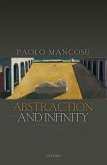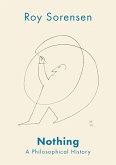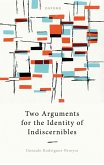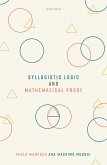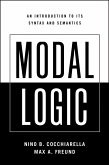This is an open access title available under the terms of a CC BY-NC-ND 4.0 International licence. It is free to read at Oxford Scholarship Online and offered as a free PDF download from OUP and selected open access locations. When one thinks--knows, believes, imagines--that something is the case, one's thought has a topic: it is about something, towards which one's mind is directed. What is the logic of thought, so understood? This book begins to explore the idea that, to answer the question, we should take topics seriously. It proposes a hyperintensional account of the propositional contents of thought, arguing that these are individuated not only by the set of possible worlds at which they are true, but also by their topic: what they are about. The book then builds epistemic, doxastic, probabilistic, and conditional logics based on this view. It applies them to issues ranging from dogmatism, scepticism, and epistemic fallibilism, to imagination and suppositional reasoning, belief revision, framing effects, and the acceptability of indicative conditionals.
Dieser Download kann aus rechtlichen Gründen nur mit Rechnungsadresse in A, B, BG, CY, CZ, D, DK, EW, E, FIN, F, GR, HR, H, IRL, I, LT, L, LR, M, NL, PL, P, R, S, SLO, SK ausgeliefert werden.




